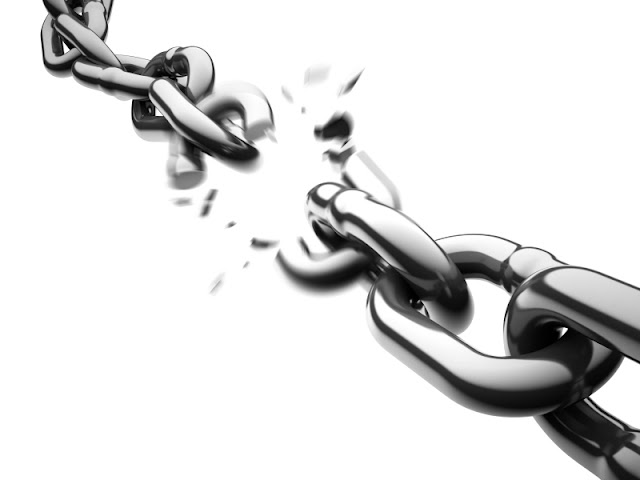The Flat Earth Society believes climate change is real. Really.
By Mary
Theroux
President
Obama is set to expand his rule via Executive Order, last week outlining a series of climate proposals he plans to push through via
executive action rather than working through Congress. His rationale for this
further step to rule by dictat rather than the Constitution is that Congress is
mired in gridlock.
Further,
the issue of climate change is just too important to bother with that whole
pesky balance of powers theory in that dusty old piece of parchment:
The
question is not whether we need to act. The overwhelming judgment of science,
of chemistry and physics and millions of measurements, has put all that to rest.
Ah,
yes, “overwhelming judgment” a/k/a “consensus,” that scientifically-based test
of Truth.
I guess
President Obama missed this from Atmospheric physicist, MIT Professor of
Meteorology and former IPCC lead author Richard S. Lindzen:
The influence of mankind on climate is trivially true and numerically insignificant.
Or the
March 2012 study, showing that a mere 32.6% of 11,994 academic, peer-reviewed
articles over the past 10 years endorse the theory of anthropogenic global
warming (AGW), with 66.4% stating no position on AGW, 0.7 per cent rejecting
AGW and in 0.3 per cent of papers, the authors said the cause of global warming
was uncertain.
Yet in
a clever twist of the statistics, the study was used to “prove” a 97% “consensus” on AGW. Here’s how it was done:
Taking
out the 66.4% of studies that stated “no position” on AGW, the pro-AGW
activists summed the 32.6% of the papers endorsing AGW, the 0.7% rejecting, and
the 0.3% uncertain to narrow the set down to 4,000 papers. Of those 4,000
papers, 97% said that recent warming is mostly man made:
We found over 4,000 studies written by 10,000 scientists that stated a position on this, and 97 per cent said that recent warming is mostly man made. [emphasis added]
Never
mind the almost 8,000 studies that stated no position.
Lies,
damn lies, and statistics, indeed.
In
further support of his great climate change-driven power-grab, President Obama
explained:
We don’t have time for a meeting of the flat-earth society.
He
might want to reconsider: As it turns out, the President of the Flat Earth Society endorses the theory of man-made climate change:
the Flat Earth Society is a real group, and its president says he believes climate change is real. He also doesn’t like being used as an example of backward thinking on the issue.
For
further critique of the substance of President Obama’s climate change claims,
including refutation by the Apollo veterans who formed The Right Climate Stuff
research team (TRCS), see here.


.jpg)


.jpg)










.jpg)

